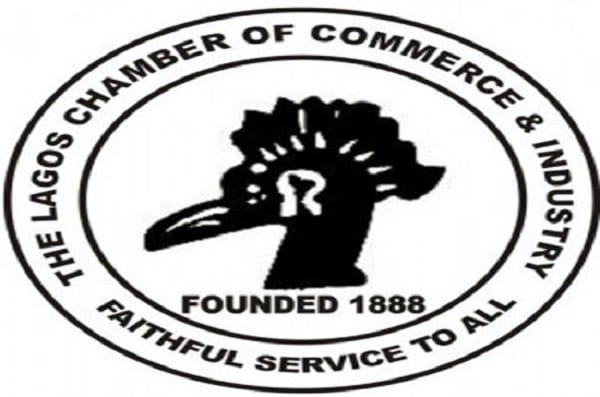Members of the organized private sector (OPS) in Lagos, have urged for caution in the implementation of another Lockdown exercise by the government, noting that a significant proportion of small businesses in Lagos formal sector lost over N2.7 billion in revenue in just five weeks of the COVID-19 lockdown.
While cost-cutting strategies, particularly downsizing, had “implications for the economy from unemployment and productivity perspectives”, the private sector operators asked for stimulus to address known concerns.
According to the latest data compiled by the Lagos Chamber of Commerce and Industry (LCCI), 81 percent of sampled businesses were ‘severely’ affected by the shutdown with 17 percent indicating moderate impact on their enterprises.
Director-General of the chamber, Dr. Muda Yusuf, said the lockdown had a severe impact on over 50 per cent of businesses in the services sector.
He noted that the “profound impact on the services sector is as result of lower demand for services by individual and corporate clients”, adding that during the crisis period, clients prioritised “food and essential items ahead of relatively less important services and corporate clients ran skeletal operations, which depressed demand for non-essential services.”
READ: COVID-19: 83 Percent Of Business Owners Set To Downsize, Cut Salaries – Lagos Chamber of Commerce
Putting a cost to the loss, LCCI stated that majority of the respondents (64 per cent) N500,000 and below daily during the lockdown while 16 per cent posted a deficit of between N1 and N2 million, while about 20 per cent incurred N2 million and above daily negative scorecard during the period.
“A conservative assumption that sampled business operators lost an average N500, 000 each day during the lockdown suggests that each operator lost N17.5 million within the five-week lockdown (March 31-May 3, 2020). This modest estimation indicates that about N2.7 billion was lost in revenue by sampled businesses (N153) to the lockdown. This translates to trillions of naira losses for thousands of businesses operating in Lagos.”
Yusuf stated that the survey captured business operators across various sectors of the economy, including food processing, agriculture, financial services, professional services, ICT, exports, trade and freight forwarding.
On cost optimisation, LCCI submitted: “Our findings showed that selected business operators are weighing different cost-cutting strategies to help minimise losses and stay afloat in the post-pandemic era. Majority of the respondents (63 per cent), plans to downsize operations to minimise losses.
This is unsurprising as businesses have not generated income over five weeks period and have lost trillions of naira in profit due to the lockdown.
“This suggests that the unemployment rate is expected to increase drastically post-lockdown except government takes urgent steps to support business owners towards surviving and ensuring continuity.”

